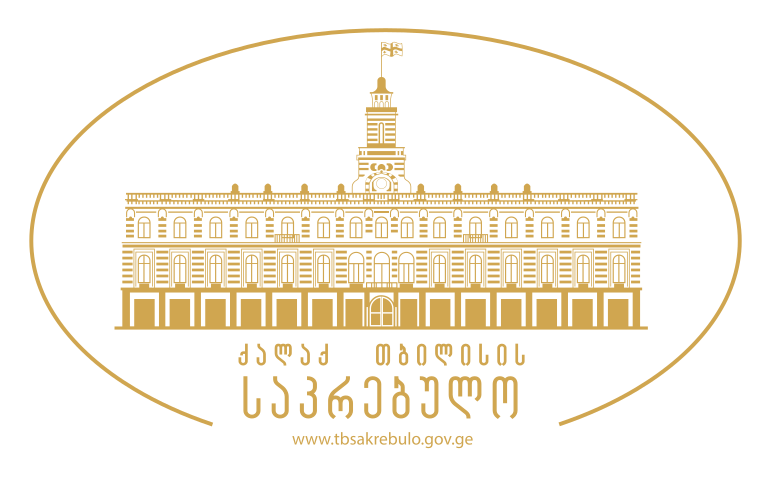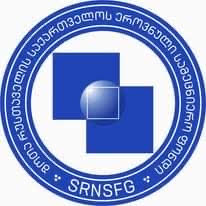036 - Two Centuries of Colonial and Postcolonial Georgia
Organized by: Tbilisi State University. Ph.D. Hayate Sotome
English, Georgian
Keywords: Postcolonialism, modern Georgian literature, contemporary Georgian literature
In 1801, Georgia became a part of the Russian Empire, and the (post/neo)colonial effects of this event are prevalent even in the present times. This two-hundred-year experience of Russian imperialism has attracted attention from Slavists as well as Georgian scholars. The Georgian experience of Russian imperialism and the defiance of it are very particular, of course, but they also typify general issues of cultural imperialism. Our postcolonial reading of Georgian modern and contemporary literature is an attempt to widen and diversify postcolonial studies in the post-Soviet space.
Despite the importance of the topic, non-Georgian scholars have not yet paid sufficient attention to Georgian literature. One reason for this may be the language barrier; that is, few scholars from other fields can read Georgian. At the annual meeting of the American Association of Teachers of Slavic and East European Languages in 2005, convened under the theme of postcolonialism in post-Soviets space, this ignorance of non-Russian literature(s) was criticized. However, there is also a postcolonial problem in Georgian literary studies—scholars are focused almost entirely on national consciousness as depicted in the text. If the main concern of postcolonialism is with bidirectional—between the colonizer and the colonized—(post)colonial interrelationships, or using Bhabha’s terminology “hybridity,” then we should seek wider perspectives by setting a theoretical background for the establishment of Georgian postcolonialism.
A postcolonial reading of Georgian literature is gradually developing. On this panel, early career researchers will discuss Georgian and Slavic postcolonial studies as well, drawing on examples from different points in space and time to allow us to rewrite our conception in relation to the oppositions of center/periphery and metropole/colony.
The Project was supported by Shota Rustaveli National Science Foundation of Georgia (SRNSFG) [grant number MG-ISE-22-170]

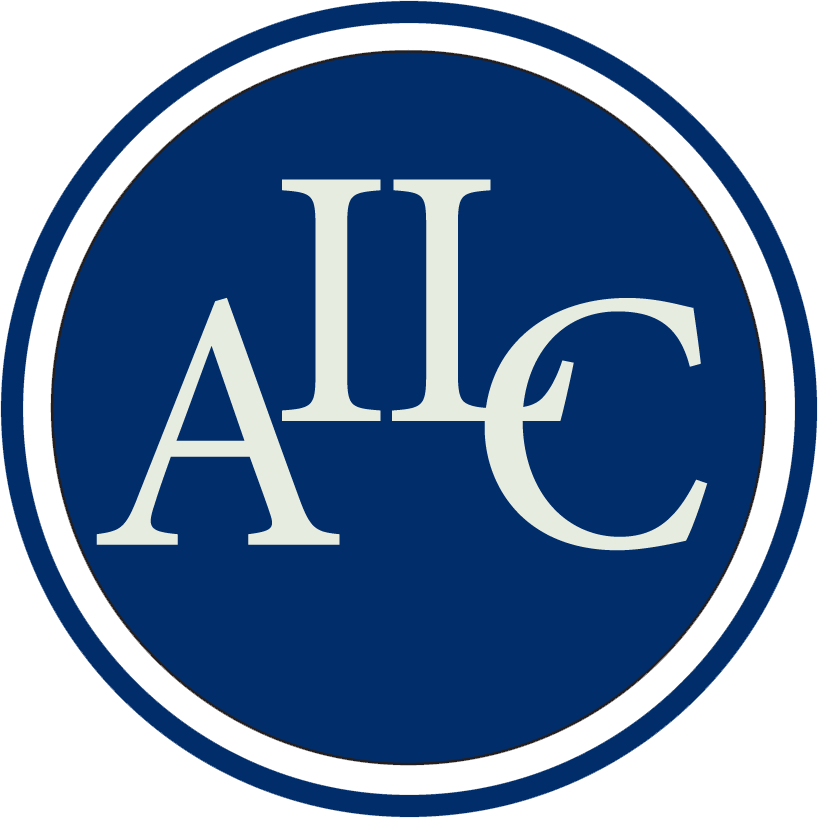
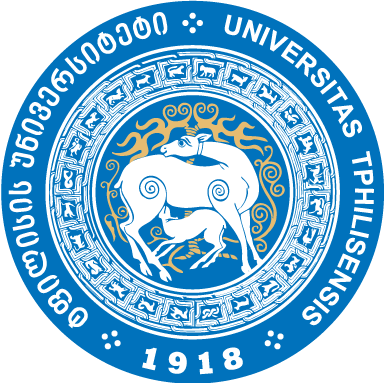

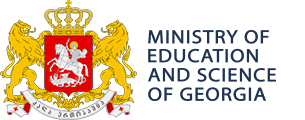
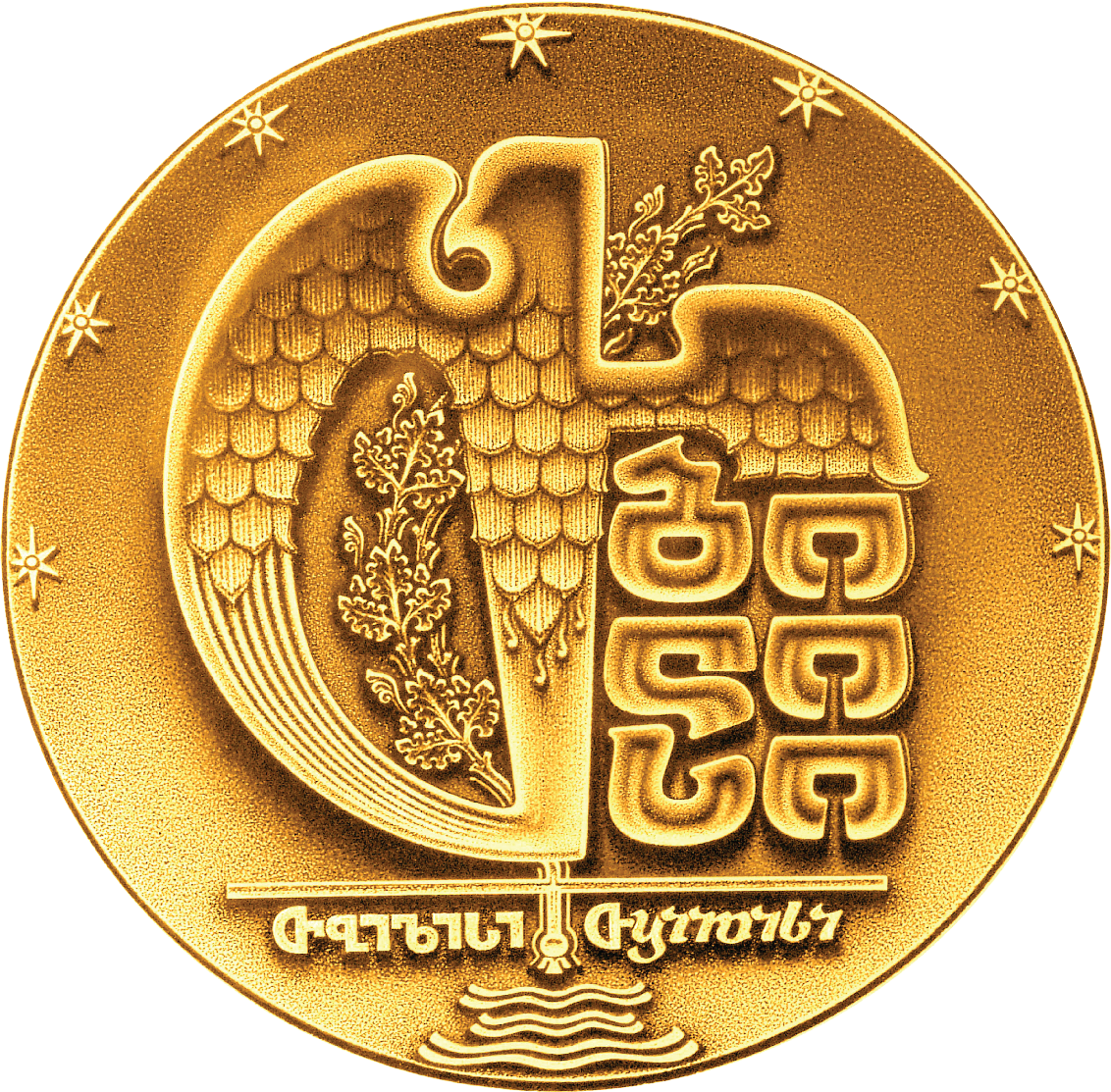

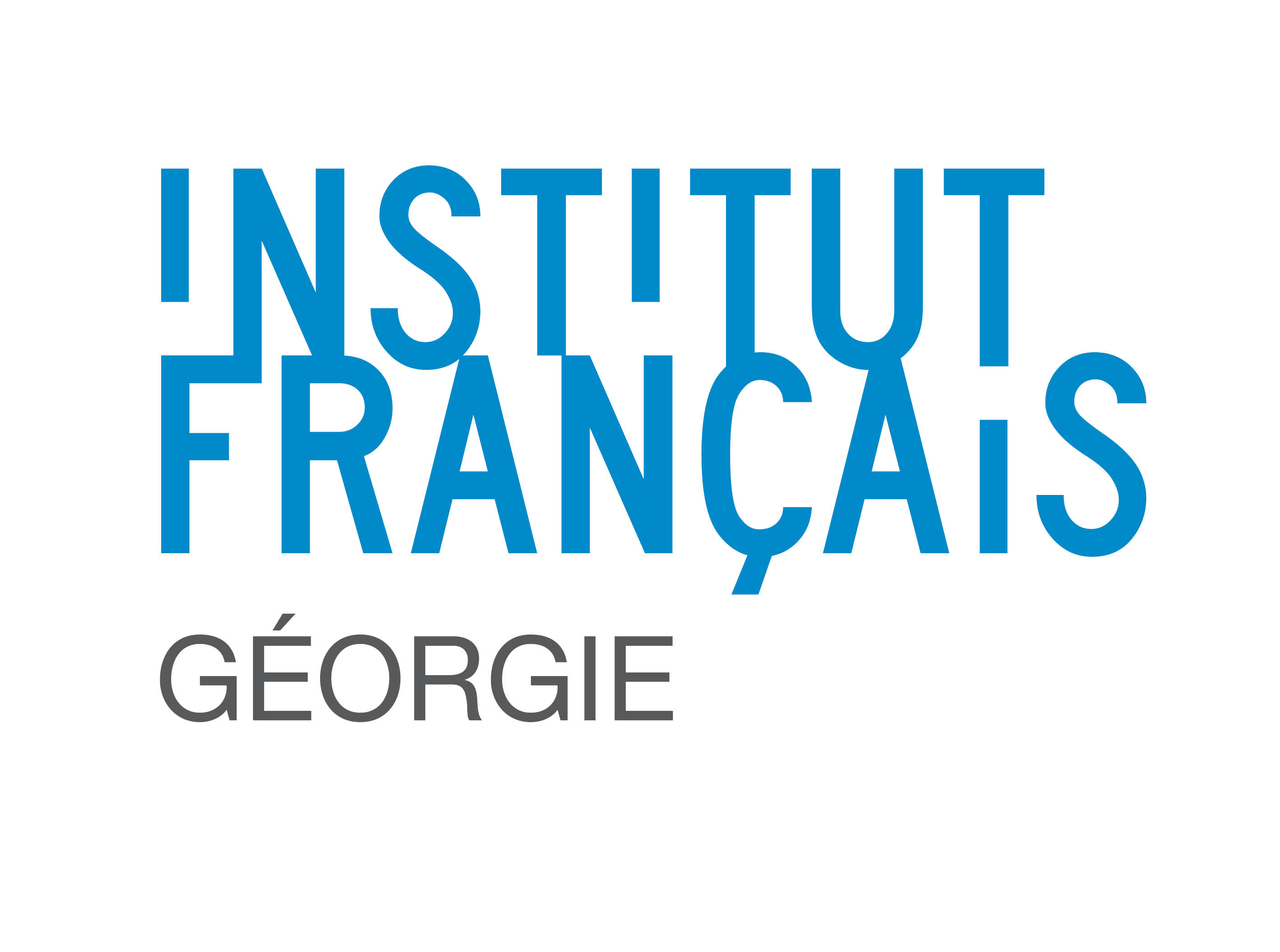


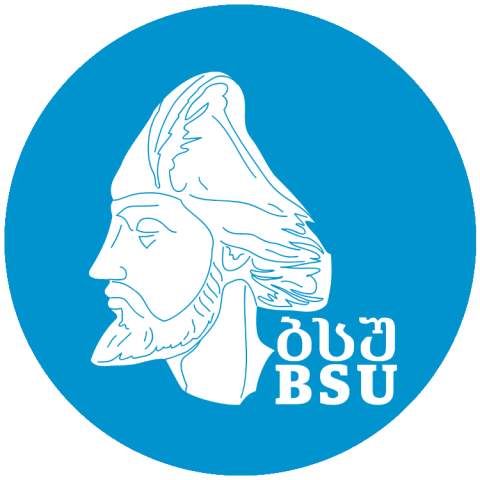

_001.png)

